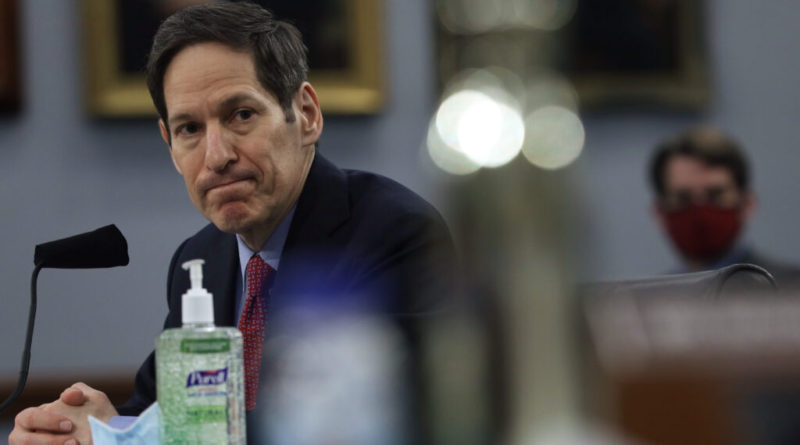Group calls for standardized data collection to better track Covid-19
In a new review of the Covid-19 response across the country, a group of public health experts conclude that critical data the public needs to assess their risks and tailor their behaviors is often unavailable.
The assessment, released Tuesday by the nongovernmental organization Resolve to Save Lives, calls on states and communities to start recording and sharing standardized data on 15 key metrics, so that people — and health departments — can get a clearer picture of how the response to the pandemic is working in their area.
Tom Frieden, president and CEO of Resolve, which is an initiative of the global health organization Vital Strategies, said there is currently both a glut of data and a scarcity of information — a situation that needs to change if the country has any hope of gaining ground against the SARS-CoV-2 virus.
advertisement
“People are just drowning in case counts and testing numbers, and they’re not seeing what’s really important,” Frieden told STAT in an interview in which he explained the thinking behind the plan.
More important than the sheer number of Covid-19 tests administered is the number of tests processed within 48 hours, said Frieden, a former director of the Centers for Disease Control and Prevention. Many test results — he estimated maybe as many as three-quarters of tests conducted — are processed days after the swabs were taken. That tells the tested person whether they were infected at the time of testing, but can’t be used as an indicator of their current Covid infection status.
advertisement
Other metrics that should be commonly collected and reported, the group said, include daily Covid-19 hospitalization rates per capita in each community and state; the percentage of licensed hospital beds occupied by confirmed or suspected Covid patients; the percentage of new cases among quarantined people; and the percentage of new cases with a known epidemiological link to previously confirmed cases.
Michael Osterholm, director of the University of Minnesota’s Center for Infectious Diseases Research and Policy, said the type of standardized data collection and reporting that Resolve is proposing is a key tool for combatting the spread of the virus.
“I don’t know how you can judge where you’re at if you don’t have this kind of information,” he said. “I think the information’s not just timely for what’s happening today but it allows you then to plan for what you must do to bring those numbers down tomorrow.’’
Frieden acknowledged some state officials may have at least some of the information, but it isn’t being posted because they are afraid to share it for fear of being blamed for the sorry state of the pandemic response. “A lot of these indicators, if we reported them, would be bad,” he said.
But Frieden said the public has the right to know these key facts, many of which need to be broken down by age, sex, race, and ethnicity.
“If — and I admit it’s an if — if we can get states to report this, then we’re going to be in much better shape. And in the absence of strong national leadership, at least being on the same page is … something that can help us get our response to a much better shape,” he said.
“What gets measured can get managed. And what gets measured and reported publicly, can absolutely get better,” he said. “Right now, we’re not managing this response well at all.’’
Asked why an NGO, not the CDC — which he led through the 2009 flu pandemic — is trying to rally states to collect standardized, useful data, Frieden sighed.
“We are where we are.”




